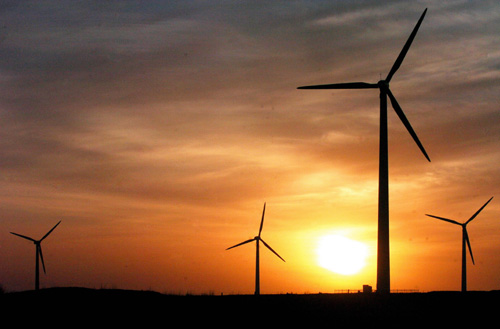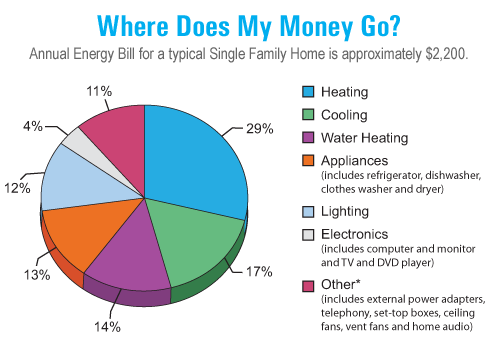We live on an ever-changing planet. The continents are moving, the magnetic north is moving and even the height of our mountains are changing. Temperatures constantly change as weather systems move. What is normal weather is something limited to our own ability to precisely measure it. Only the grossest variations were available for inspection prior to the early 20th Century. Measurement instrumentation and disciplines were not particularly well developed. For example, the summer of 1816 was noted as being particularly cold since snowstorms were recorded in both May and June in Quebec Canada causing widespread crop failures and famine. The cause of such unusual weather was the eruption of a volcano in Indonesia (Mt. Tambora) and it’s subsequent contamination of the atmosphere of the entire planet, clouding the sky all over the world with dust and ash.
And, as I was reminded by Will Rogers on a TV News show: “Consensus is not science.”
- The United Nations’ Intergovernmental Panel on Climate Change’s sloppy work on the Himalayan glaciers melting was actually taken from a 2005 report by the World Wildlife Fund which based its report on anecdotes from Syed Hasnain in 1999, who now says that he was ‘misquoted.’
- Some sloppy climate ‘scientists’ reported that 1998 was the warmest year on record in the USA (it was actually 1934 according to the Wall Street Journal).
- Seal levels could rise as much as 20 feet and put Florida underwater say some. In fact, the prediction is actually an 18-inch rise by 2100 as a more authoritative estimate.
- Al Gore has been arguing that polar bears are critically endangered by global warming while most populations have been stable or increasing.
- Some climate change supporters argue that the recent snowfall in Charleston SC (which rarely gets snow) is proof that global warming is actually happening. Really?
The WSJ also notes that Himalayan glaciers have been retreating since the middle of the 19th Century, but the reasons are complex and not properly understood (like so much about climate science). The op-ed in the WSJ (A Glacier Meltdown (subscription required)) suggested that if climatologists didn’t waste time falsifying data (the hockey stick), conspiring against opposing views and otherwise covering up their own corruption, their findings might find a more receptive audience. But so far, the evidence, as noted and actually experienced suggest that global warming, as caused by humans is a hoax.
Since that’s the case, attempts to regulate carbon are a waste of time and energy.










